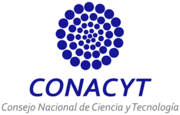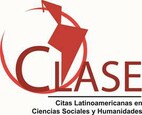Disability and inclusion in Latin American basic education: effective practices, lessons learned, and key factors for replicability.
Abstract
In Latin America, the inclusion of children with disabilities in education faces challenges; However, there are international regulatory advances such as the Convention on the Rights of Persons with Disabilities. The present study seeks to compile and analyze effective practices in the region to identify key factors for their replicability. The Preferred Reporting Items for Systematic Reviews and Meta-Analyses method was used to select recent studies. The results highlight the importance of teacher training, curricular adaptation, community participation, and robust public policies. The main conclusion is that the replicability of these practices requires a comprehensive approach that includes education, support services and political commitment, underlining the need for an inclusive educational system that promotes a more just and equitable society.




































1.png)







1.png)







